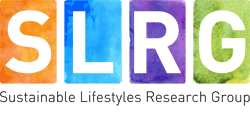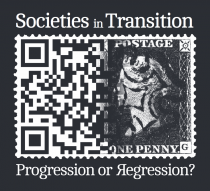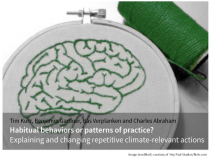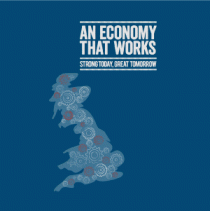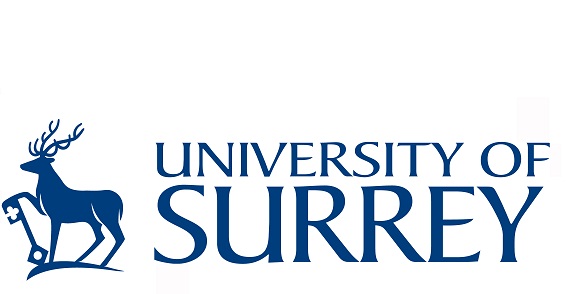- About
- Team
- Projects
- Children and the Environment
- ELiCiT (Exploring lifestyle changes in transition)
- Foundations for Sustainable Living
- HABITs
- Mapping Rebound Effects
- PASSAGE (Prosperity and Sustainability in the Green Economy)
- Policy Dialogue
- Price Responsiveness of Demand in Energy
- Resilience and Sustainable Lifestyles
- Sustainability Transitions in Food Systems
- Sustainable Living in Remote Rural Scotland
- Publications
- News
- Events
The Double-Edged Sword of Grant Funding
Where:
13BB04, University of Surrey
When:
Dec 11 2012 - 13:00
Seminar, 11 December 2012
Emily Creamer
University of Edinburgh
The double-edged sword of grant funding: A study of community-led sustainability initiatives in remote rural Scotland
Community-led initiatives are commonly advocated as an effective way of encouraging individuals to adopt more sustainable lifestyles. Since 2008, the Scottish Government’s Climate Challenge Fund (CCF) has distributed over £40million in grants to community-led, carbon-saving projects across the country. Drawing on participant observation within two CCF organisations in remote rural Scotland, this seminar examines the assumption that the provision of funding for community-led sustainable development initiatives is necessarily net-positive at the local level. Observations support the notion that grant schemes such as the CCF are more accessible to certain individuals than others, leading to perceptions of an unfair distribution of the benefits of funding throughout the community. This raises fundamental questions about the validity of the term ‘community-led’ in these circumstances. If the purpose is to engender trust and support from the community in question, a positive relationship must exist, and be maintained, between the members of the organisation and the community it purports to represent. The uncritical and inappropriate application of the label ‘community-led’ to any community-scale initiative takes away from the value of such an approach, suggesting the need for a more accurate reframing of these activities.
There is no cost to attend this seminar but please let Claire Livingston know if you plan to attend.
